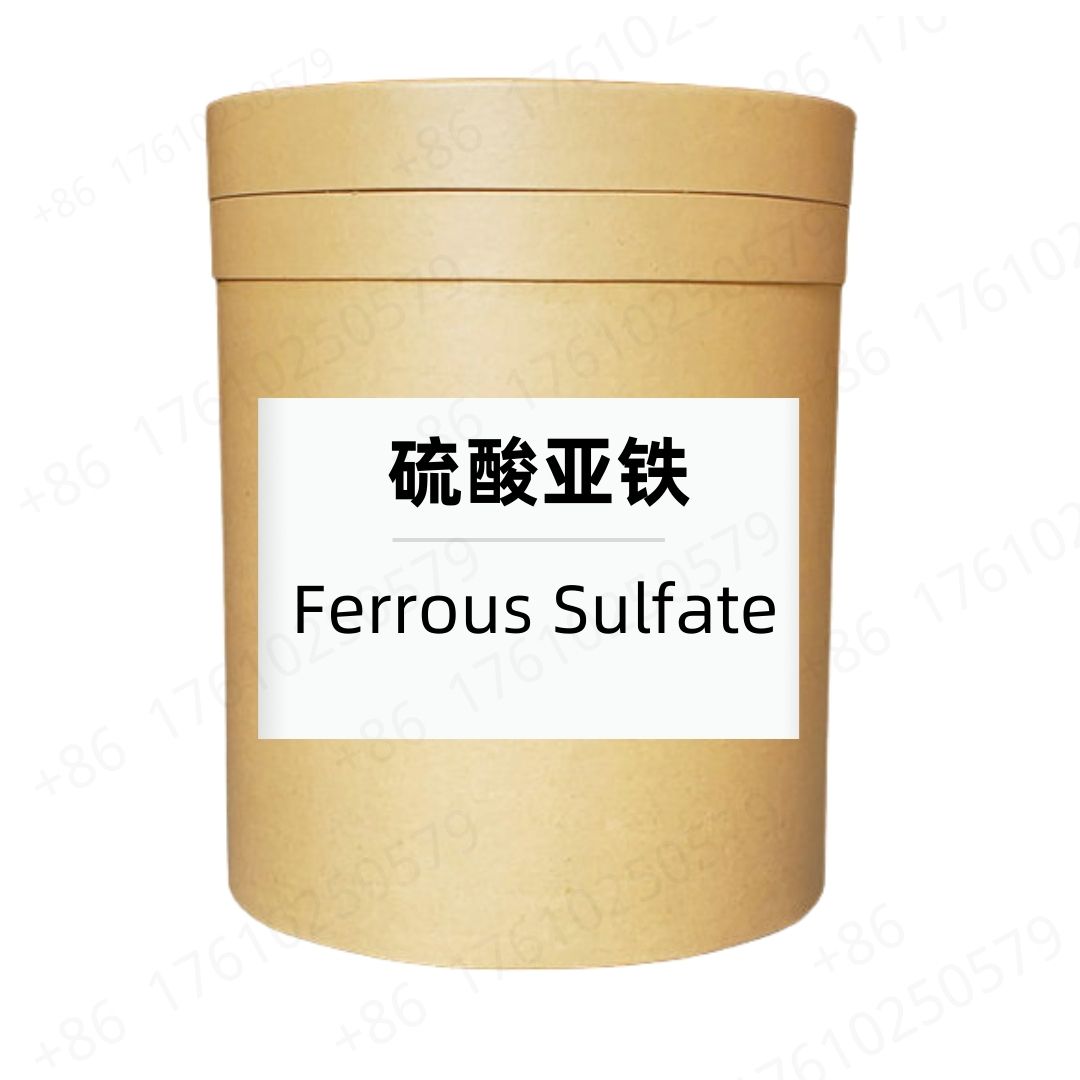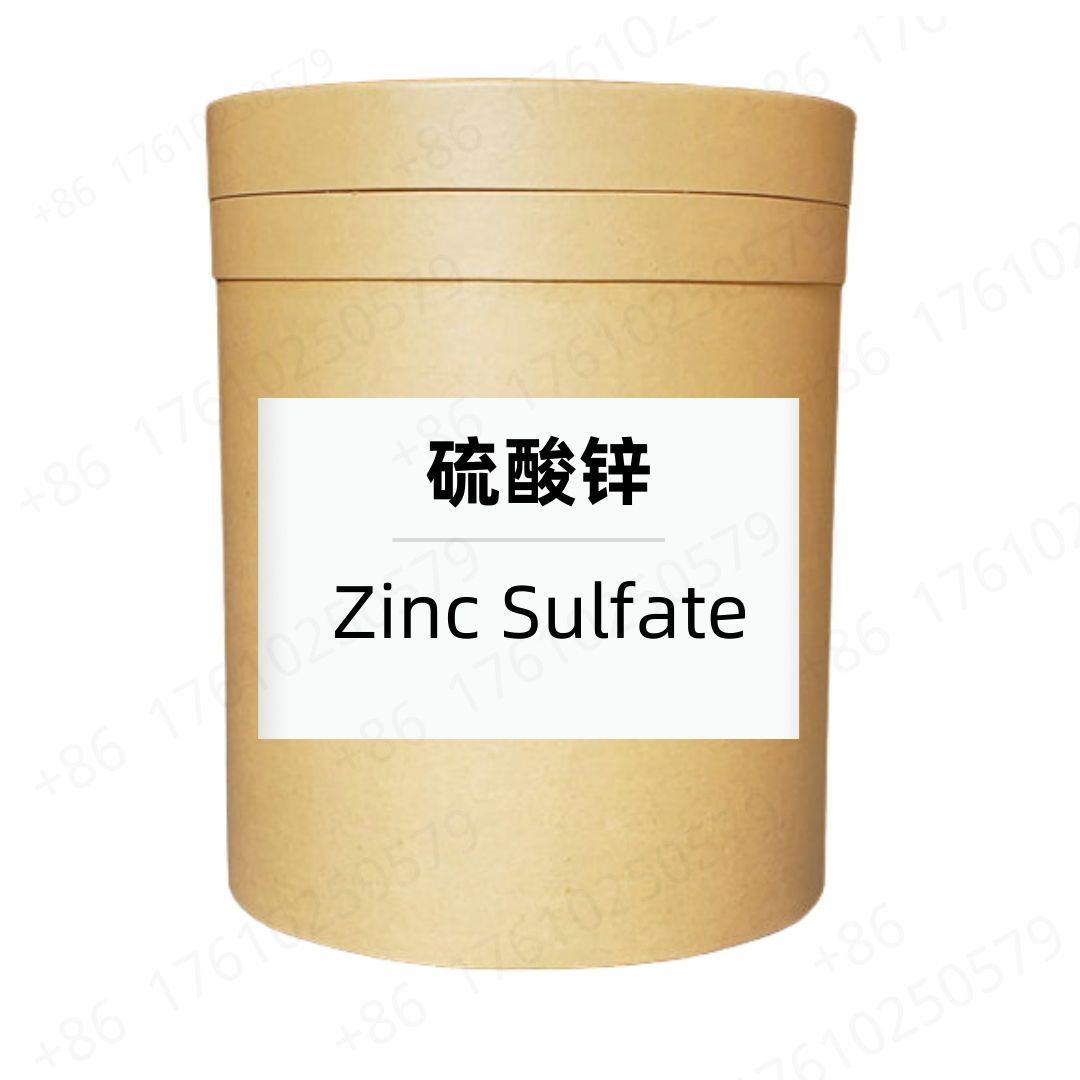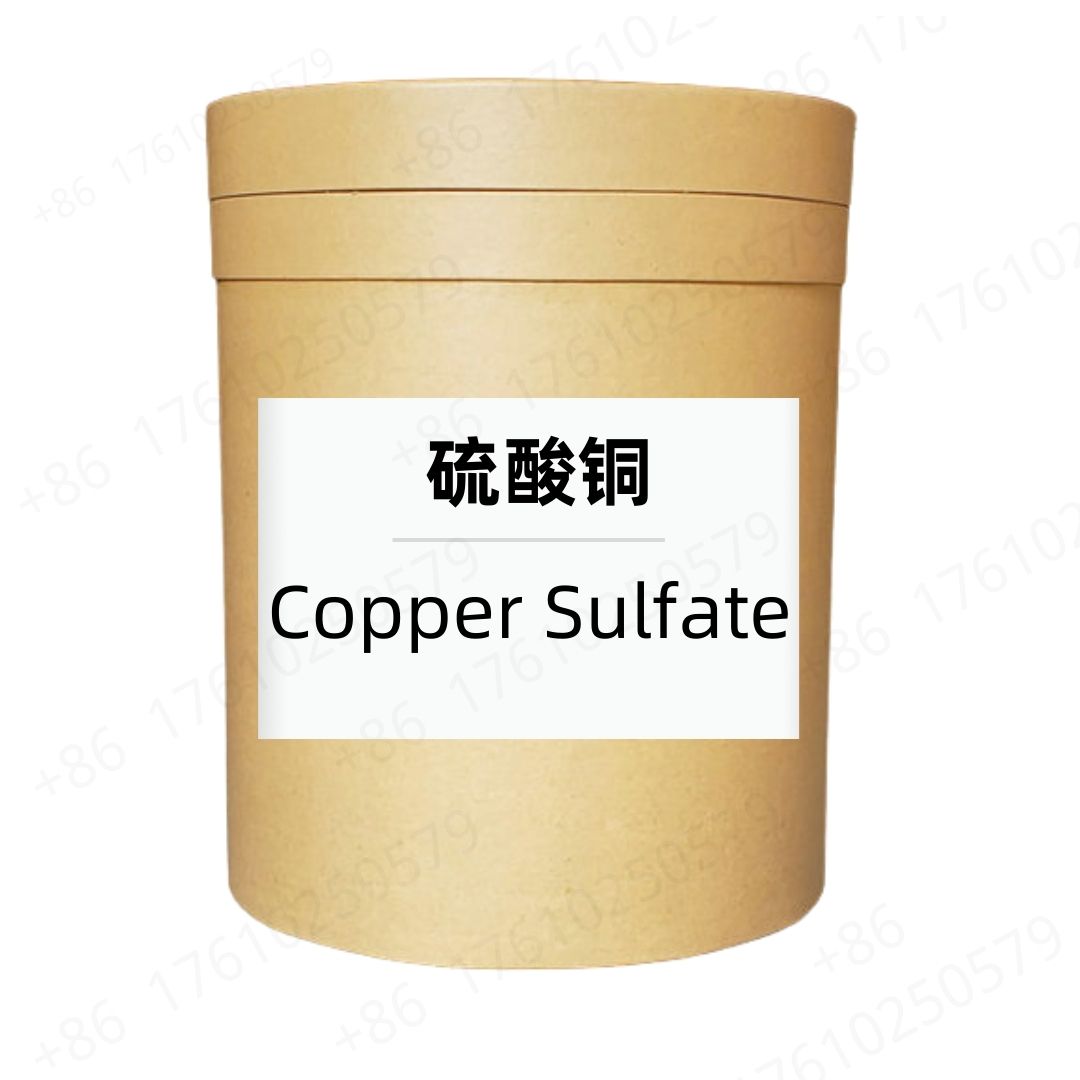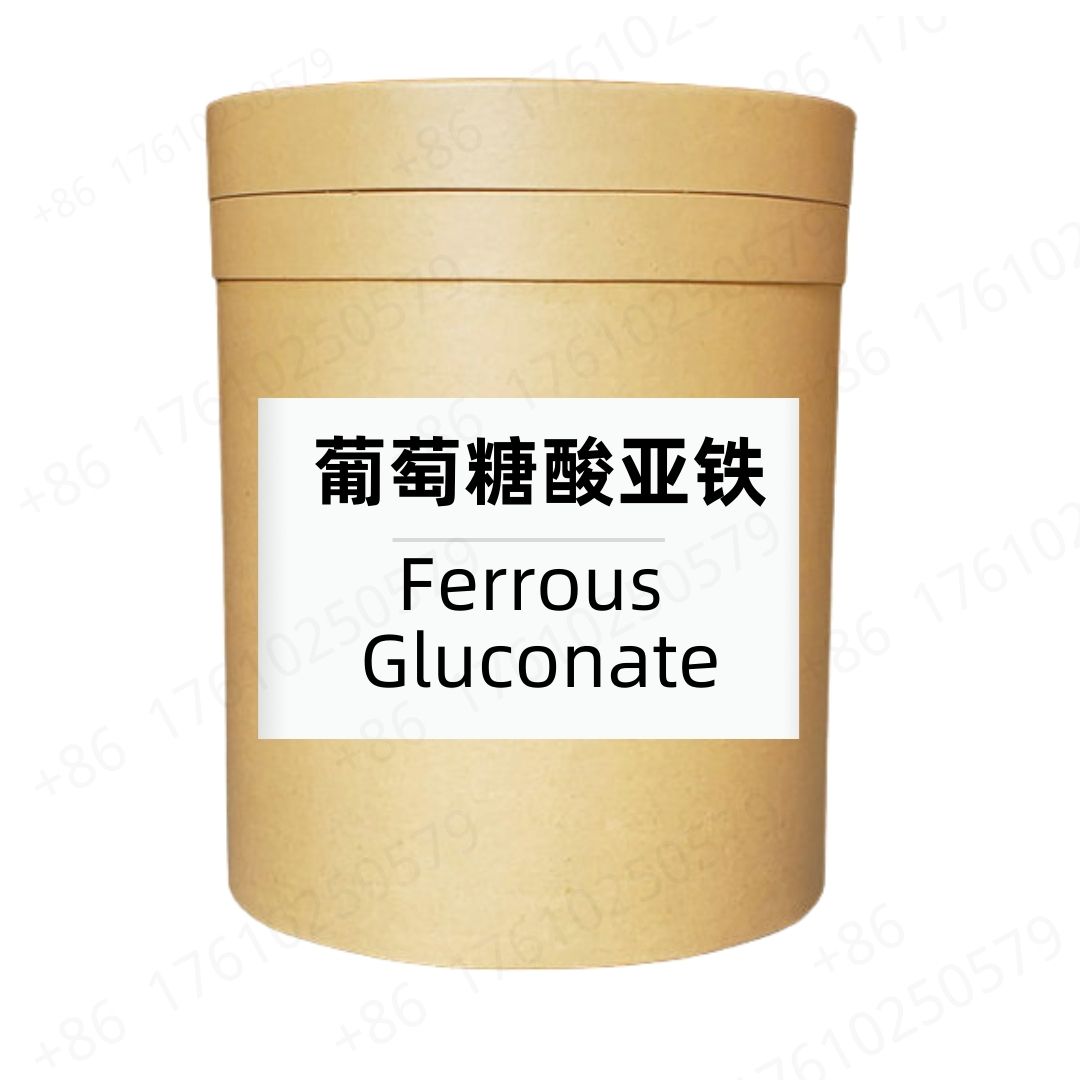Product Introduction
Zinc carbonate is an inorganic compound commonly identified by its white, crystalline appearance. It serves various industrial, pharmaceutical, and nutritional purposes, making it a versatile material. Known for its stability and moderate solubility, zinc carbonate is often utilized as a source of dietary zinc, essential for numerous biological functions. Its unique properties also make it suitable in agriculture as a soil conditioner and in cosmetic formulations for skin protection.
Production Process
Zinc carbonate is predominantly produced through the reaction of zinc oxide with carbon dioxide in the presence of water. The process typically involves a controlled environment to maintain purity and quality. Alternatively, it can be synthesized by mixing zinc sulfate with sodium carbonate, resulting in a precipitate that is subsequently filtered and dried. The precision in the production process ensures that the final product meets the required specifications for safety and efficacy.
Product Functions and Effects
Zinc carbonate plays several critical roles in various applications. In the human body, it contributes to immune function, wound healing, and DNA synthesis. As a mineral supplement, it can help prevent zinc deficiency, which may lead to a range of health issues. Additionally, zinc carbonate exhibits antibacterial properties, making it a beneficial ingredient in topical applications. Its buffering capacity also makes it useful in certain laboratory settings.
Product Application Scenarios
Zinc carbonate can be found in multiple industries, from healthcare to agriculture. In dietary supplements, it is employed to provide an essential mineral that supports various bodily functions. In cosmetics, it is utilized for its absorbent and anti-inflammatory properties, helping to soothe skin irritations. The agricultural sector uses zinc carbonate as a micronutrient in fertilizers to promote healthy plant growth. Another key application is in laboratories, where it serves as a reagent in various chemical reactions.
Packaging and Storage
Storage Conditions: Store in a sealed, light-proof container, away from high temperatures, in a dry, cool, and well-ventilated place.
Packaging: Bulk: 25kg/fiber drum; Sample: 1kg/aluminum foil bag; Custom packaging available upon request.
Shipping Methods: FedEx, DHL, dedicated logistics, and sea freight consolidation.
Shelf Life: Two years
Monica Sun possesses extensive technical expertise and market insights in the food additives industry. She excels in designing efficient and safe additive formulations tailored to various food applications, ranging from sweeteners to functional dietary fibers. Monica has successfully assisted food manufacturers in optimizing ingredient combinations to enhance product quality and improve consumer satisfaction.















